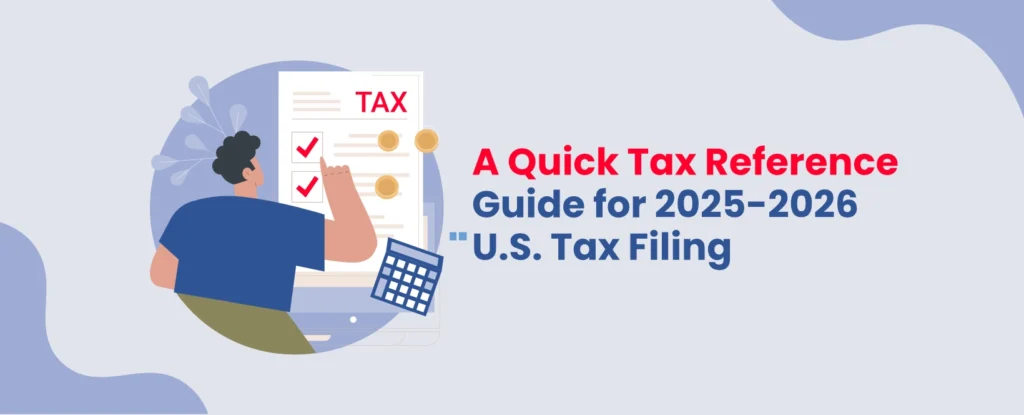Financial statements play a crucial role in managing your business’s health. Whether it’s disclosures, balance sheets, or income statements, accurate financial reporting is essential for both inward and outward-facing purposes. It helps you make informed decisions as well as build trust with stakeholders. That’s why, for business owners, adopting a responsible approach to financial reporting isn’t just a good practice—it’s a deemed necessity!
This is where Generally Accepted Accounting Principles (GAAP) come into the picture. GAAP provides much-needed uniformity and clarity in financial reporting. Set by the Financial Accounting Standards Board (FASB) and the Governmental Accounting Standards Board (GASB), GAAP enables businesses to accurately convey their financial performance to investors and stakeholders.
So, whether you are a Public Company or a Private company in the US, you should follow GAAP.
Let’s see what it is and why is it important for your business strategy.
GAAP: The Backbone of Accounting
GAAP accounting refers to a set of rules and standards designed to ensure consistency and completeness in financial reporting. These guidelines ensure that financial statements are accurate and comparable, enabling businesses to present a clear picture of their financial health. GAAP also sets a base for comparing performance across multiple companies and across industries.
Adhering to GAAP rules allows businesses to maintain credibility with stakeholders, attract investors, and avoid costly misunderstandings.
Basic Principles of GAAP
To understand GAAP better, one needs to first know about the core principles of GAAP that act as its foundation. These are:
Principle of Regularity: Accountants must strictly follow the standards and guidelines established by GAAP in all financial practices.
Principle of Consistency: Financial professionals must ensure the same accounting methods and standards are consistently applied across reporting periods, enabling easy comparison over time.
Principle of Sincerity: Accountants must aim to provide an accurate and unbiased representation of the company’s financial performance.
Principle of Permanence of Methods: Similar to consistency, this principle emphasizes using uniform practices and procedures in accounting to maintain comparability in financial statements.
Principle of Non-Compensation: All elements pertaining to the company’s finances must be reported accurately. An asset should not be used to offset a liability.
Principle of Prudence: Financial reporting should be fact-based, rational, and prudent.
Principle of Continuity: Assets should be valued with the assumption that the business will continue to operate in the foreseeable future.
Principle of Periodicity: Financial reports must follow standardized timeframes—such as monthly, quarterly, or annually—for consistent and clear reporting.
Principle of Materiality: Reports must provide full and accurate disclosure of all significant information, reflecting the true financial position of the business.
Principle of Utmost Good Faith: Organizations must ensure honesty and integrity in their financial reporting, presenting complete and truthful information.
Importance of GAAP in Accounting
Now that we have learned about the mechanics of GAAP, it’s time to discuss the strategic importance of GAAP in businesses.
Helps Earn the Trust of Stakeholders
Adherence to GAAP accounting makes sure that your financial statements are accurate and reliable. It instills confidence in stakeholders such as investors, auditors, lenders, and management, and helps businesses attract more funding.
Streamline Decision-Making
When the reporting is clear and consistent, it becomes easy for business leaders to make informed decisions. Whether you want to launch a new product or expand to new markets, GAAP brings the much-needed financial clarity to seize opportunities and drive growth.
Standardizes the Financial Process
GAAP establishes standardized guidelines for preparing financial statements, making sure that there is uniformity across businesses and industries. This consistency simplifies financial analysis, supports regulatory compliance, and promotes transparency, enabling stakeholders to trust the reported financial information.
Enables Comparability
GAAP facilitates comparability by making sure that financial statements follow a consistent framework. This allows businesses, investors, and stakeholders to effectively evaluate performance across industries or competitors, regardless of their size or industry. It also makes it easier to benchmark and identify growth opportunities or areas for improvement.
Ensures Relevance in Financial Reporting
GAAP makes sure that the financial information is relevant, and reflects accurate, timely, and meaningful data. This relevance helps the management to make informed decisions and the investors to assess potential returns. It also supports long-term strategic planning by providing actionable insights into a company’s financial health.
Facilitates Compliance and Risk Mitigation
When businesses adhere to GAAP accounting rules, they minimize the risk of facing any regulatory penalties or damage to their reputation. This helps in identifying potential red flags and avoiding investments in companies with questionable financial practices.
In short, GAAP principles help businesses create a solid foundation for growth, resilience, and innovation.
Should My Company Use GAAP?
Since the government does not regulate GAAP, it’s not a must – but yet highly recommended – for all businesses to follow it, especially if you are planning to go public, raise capital, or prepare for another transaction in the near future.
Final Thoughts
In a competitive business environment, adhering to GAAP is not just about compliance—it becomes a strategic necessity. By ensuring reliable and relevant financial statements, GAAP standards enable businesses to uphold financial integrity, improve investor confidence, and achieve long-term success.
Application of GAAP in business accounting practices is more than a regulatory requirement—it is the key to unlocking the full potential of your business. So, what are you waiting for? Embrace GAAP, and lead your business toward sustainable growth, stability, and success.


